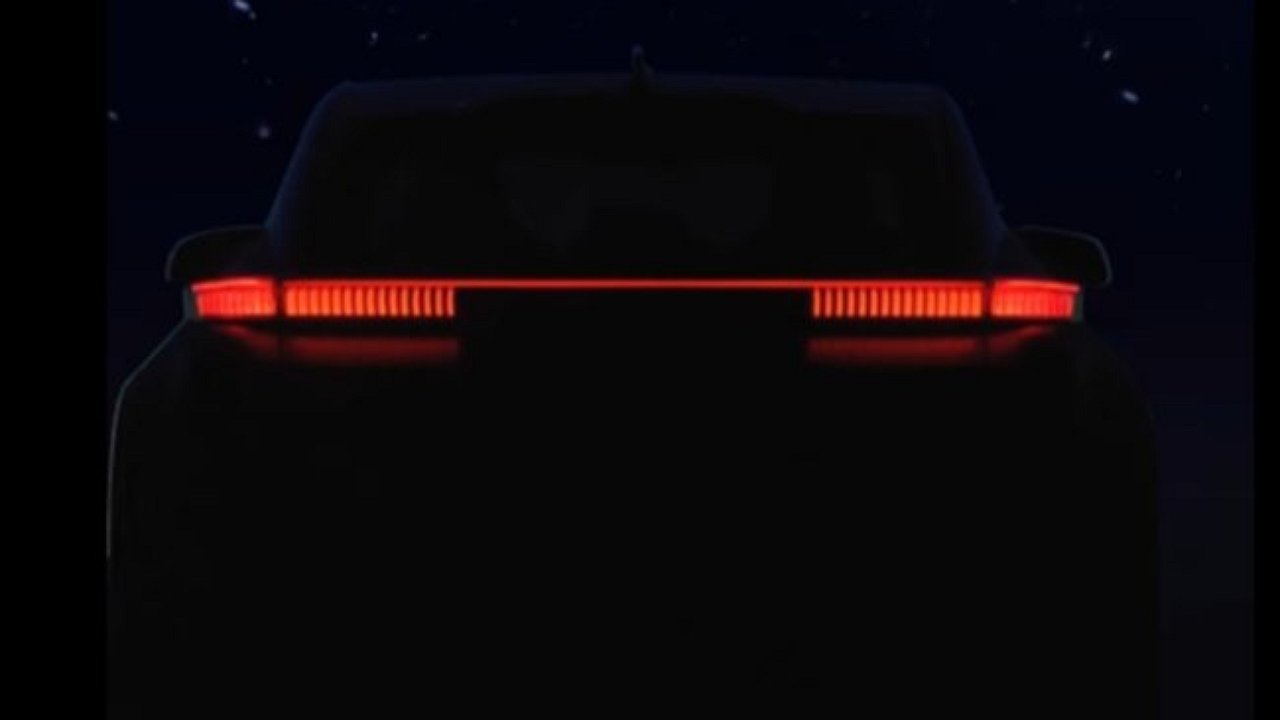Chilean President Gabriel Boric denounced this Wednesday during his speech to the UN General Assembly. the situation with repression in Nicaragua and criticized sanctions against Cuba and Venezuela.
“I consider it my duty, as we have noted in other international forums, to condemn before the Assembly and the world: persecution of everyone who thinks differently than the dictatorial regime of Mr. [Daniel] Ortega and [Rosario] Murillo in Nicaragua, where they are not only prohibited from participating in elections, but are also persecuted, deprived of citizenship, have their homes raided and are deprived of political rights,” he criticized.
Last week Borich said that he had instructed the Foreign Ministry present a note of protest to the representative of Managua in Santiago in response to Ortega’s statements about the Chilean Carabineros police as part of the celebrations of the 50th anniversary of the coup.
The president Borich then called Ortega a “dictator.”
In addition, he mentioned the sanctions imposed against Venezuela, which prevent “improving the living conditions of the Venezuelan people”, Therefore, it is “extremely important” that Washington remove them, as in the case of Cuba.
“The claim that Cuba is a country that promotes terrorism is not only false, but it offends us. And therefore we call on the United States to follow the line that Barack Obama’s government followed at that time when it excluded them from this shameful list,” he said.
You might be interested > “We have opened the gates of hell,” Guterres said at the UN climate summit
Likewise, the President of Chile called for respect for international law in the event of the Palestinian-Israeli conflict, however, he “clearly and unequivocally” condemned the Russian invasion of Ukraine.

Photo: Reuters
On the other hand, Borich proposed an “urgent” task “take care of democracy” in the face of “progress of intolerance” and “totalitarianism.” In this sense, it is necessary to take responsibility for disinformation and protect the rights of minorities, as well as respect for human rights, he noted.
During his speech, the President of Chile took the opportunity to defend multilateralism and mechanisms for the peaceful resolution of disputes with the current memory is of General Augusto Pinochet’s coup d’état in 1973.
“Throughout our history we have learned that Democracy is fragile and not guaranteed forever and therefore we must take care of this,” he said, adding that “a coup d’état is never inevitable,” as he already pointed out in his anniversary speech.
(according to information from Europe Press, Reuters And Aristegui News)














